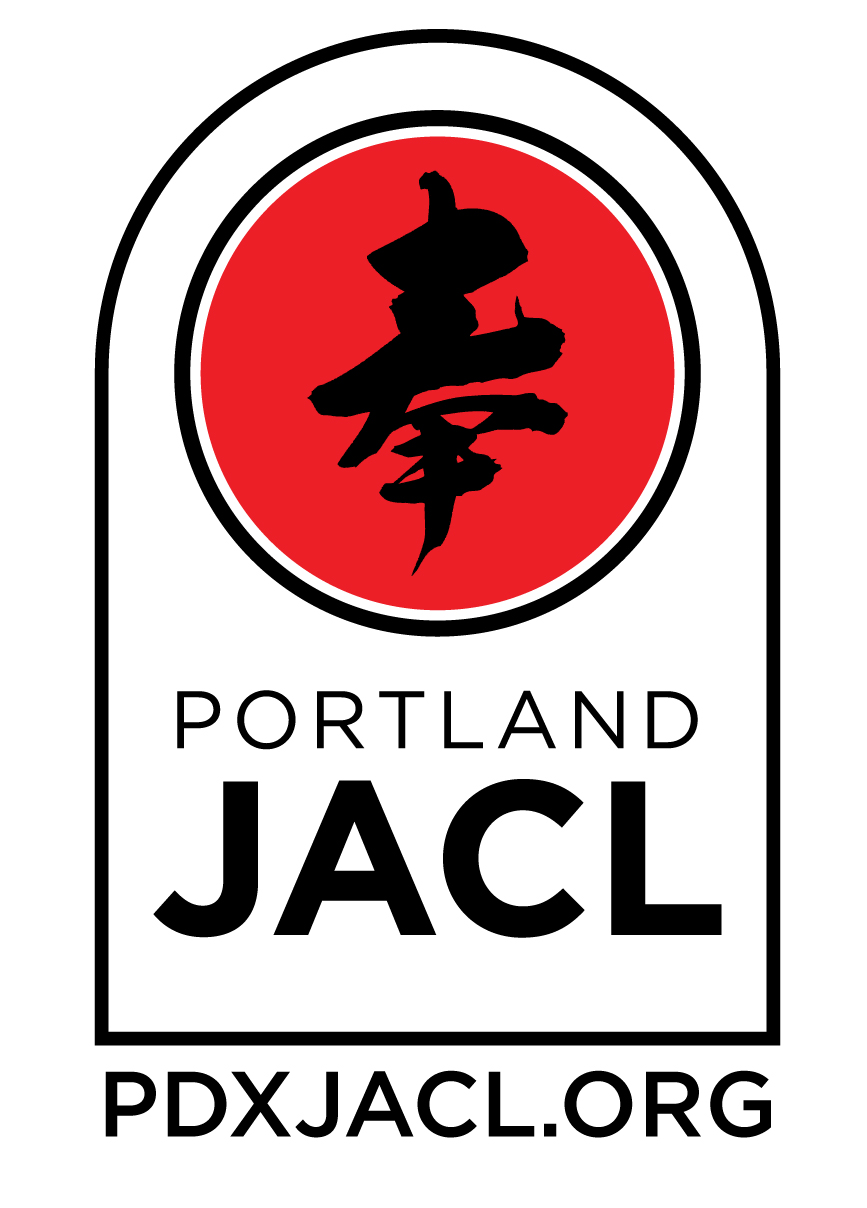By Spencer Uemura
あけましておめでとうございます。今年もよろしくお願いしす。(Akemashite omedetou gozaimasu. Kotoshimo yoroshiku onegaishimasu.)
Happy New Year to all! Thank you for your continued connection and involvement with our chapter of the JACL. We can’t do this work without you!
For this month’s Kokoro Corner, I wanted to discuss the importance of values-centered living that comes from Acceptance and Commitment Therapy (ACT). To briefly summarize ACT, the goal is to accept difficult feelings, clarify values, and commit to take action in accordance with one’s values. When our actions are not directed by our values, we can experience fear, avoidance, as well as low mood and motivation.
In the past few months, I have noticed how my own fear has pulled me away from my values, and left me with greater avoidance and hopelessness. Specifically regarding the ongoing crisis in Palestine, I felt worse and worse as news of Israeli war atrocities increased while I continued to feel stuck. In recent weeks, thanks to kind conversation with friends and time for reflection, I’ve looked toward my values of Compassion, Connection, and Justice. I remember the impacts of WWII intergenerational trauma on our community, Japanese people in America and those still in Japan. Our people, too, have felt the pain of oppression and brutality, the sting of barbed wire and the horror of mass bombings.
We carry that pain in us, and that pain can flood back in from time to time. For me, that pain had left me feeling helpless and hopeless, a feeling like “shikata ga nai” or “it can’t be helped”, when there are very tangible ways for concerned citizens to advocate for change. By reconnecting with some of my deepest values, I’ve been able to care for my own pain that I’d been avoiding and see that the egregious violence upon Palestinian people is parallel to the abuses of power that our community has weathered in the past.
For those curious about how Nikkei groups are pursuing advocacy for the Palestinian cause, Tsuru for Solidarity (@tsuruforsolidarity on Instagram) and Vigilant Love (@vigilantlove on Instagram) are organizations that have been co-founded by Japanese Americans dedicated to solidarity, healing, and systems change.
In this new year, I invite you to consider your inner values and how you might let them guide your actions. Whether you have a value for Love, Spirituality, Courage, or Authenticity (to name a few) there are always ways to reprioritize those in our lives.
May our lives be firmly rooted in our deepest values.
*Please note this may or may not reflect the views of other members of the Portland JACL or Portland JACL Board.
